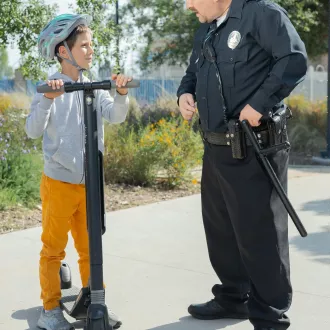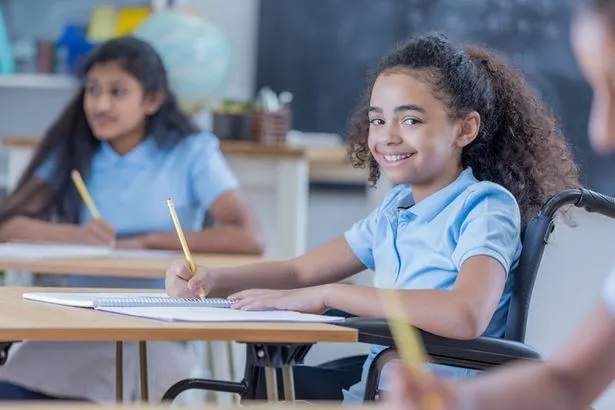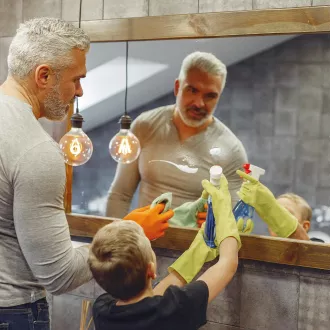Transcription How to help the child to identify and resolve emotional conflicts?
Emotional conflict resolution is an important skill that develops throughout life. For children, learning to recognize and manage their emotions is especially important, as this helps them navigate difficult situations and provides them with a solid foundation for future decision making. The ability to express their feelings helps them maintain healthy relationships with others. Here are some strategies to help children identify and resolve emotional conflicts.
Encourage self-expression
It is important for children to have a safe space to express their feelings and emotions without fear of judgment or rejection. Encouraging children to talk about what they are feeling, whether through the use of words, drawings or play, helps them develop the ability to identify and communicate their emotions. As parents we need to maintain a trusting relationship and this can only be achieved through communication. Our children need to feel that we are a refuge to channel doubts and concerns about life and their situations.
Teaching children to recognize emotions in others
Empathy is an important skill that helps children understand and respect the feelings of others. By teaching children to recognize the emotions of others, they can learn to be more understanding and better handle conflict situations. Social interaction is inevitable when we have children and we must teach them not to make fun of other people's feelings, but to respect them. With empathy we show them how to proceed to help a person in need without affecting them emotionally.
Helping children identify the underlying causes of their emotions
Children may have difficulty identifying and expressing the reasons behind their emotions. Helping them identify the underlying causes of their emotions gives them a deeper understanding of their feelings and helps them develop conflict resolution skills. Effective communication is a fundamental skill for social relationships.
Children need to learn to express their feelings clearly and effectively, as well as to listen to and understand the perspectives of others.
Practicing conflict resolution
Practice is essential to skill development. By providing opportunities for children to practice conflict resolution in a safe, supervised environment, they can acquire skills that will serve them for life. Children need to learn to cope with difficult emotional situations in healthy and effective ways. By teaching coping strategies, such as meditation, deep breathing or exercise, they can learn to manage stress and anxiety much better.
Provide emotional support
Children need to feel that they have emotional support in their lives. By providing them with a safe and loving environment, they can learn to trust their own abilities to cope with complex situations. Parents are the primary source of support a child receives throughout his or her life, so we need to let them know that we trust them. We place our trust in them as a show of unconditional support, especially when they make mistakes and require an outside view of conflicts.
identify resolve conflicts




